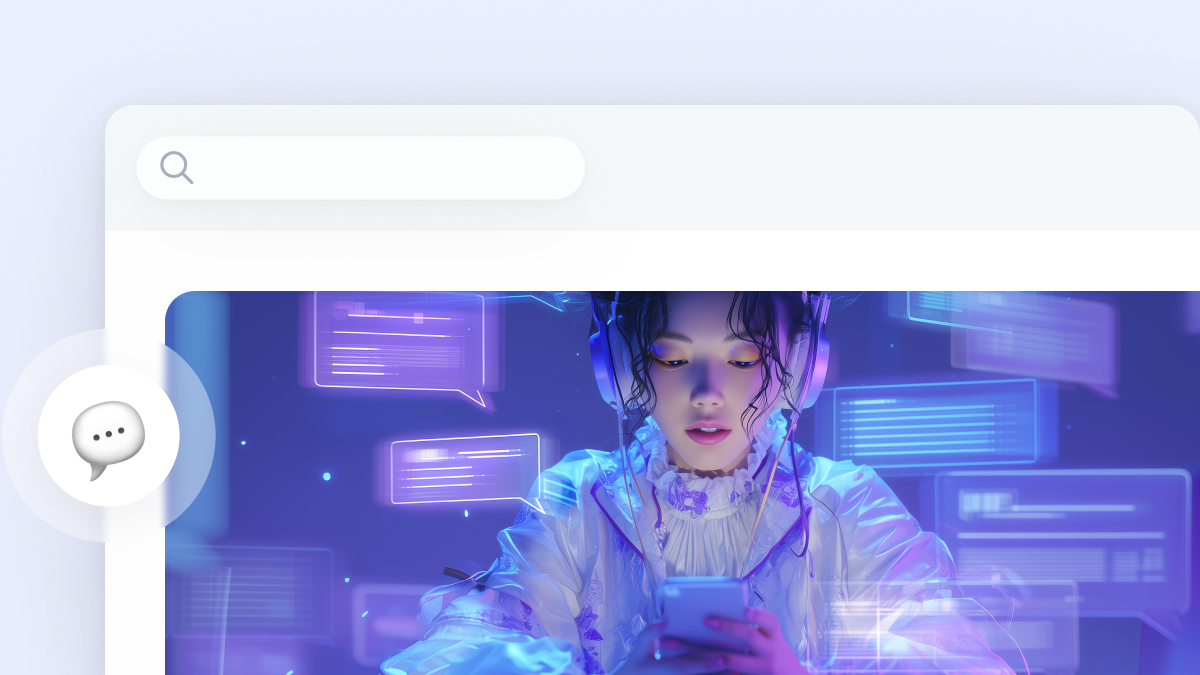
Companies can approach influencers for partnerships or sponsored content by reaching out through the business email or manager contact listed in their profile and sharing a sharp and simple proposal. Introduce your brand briefly, explain the collaboration you have in mind, and mention key details like the type of content, timeline, and whether the project is paid. Influencers and their teams respond best when the message is straightforward, respectful of their time, and easy to act on.
Approaching influencers for partnerships or sponsored content is important for companies because creators have become one of the most trusted ways for audiences to discover new products. People listen to influencers they follow far more than traditional ads, so when a company reaches out properly, it opens the door to attention. A good partnership can introduce your brand to thousands of the right people in a way that’s original and not salesy.
Most importantly, when a creator enjoys working with your company, they often become long-term advocates who help you launch new products, test ideas, or explain features in a way their audience actually cares and understands. That ongoing support is something paid ads can’t buy, because it comes from building the relationship the right way from the start.
“I think companies should be honest with themselves about budget before they ever send a proposal. You cannot approach an influencer like a premium partner and then negotiate like you are buying banner ads. If you want quality work and real involvement, the budget and the expectations have to match.”

Alexander Frolov
CEO of HypeAuditor
How companies should approach influencers
1. Start with influencers your customers actually follow
Before reaching out, check their audience data. Look at age, location, interests, and buying behavior to see if there’s real overlap with your customer base. When an influencer attracts the same type of people who buy your product, you’re starting on solid ground.
2. Take a look at what they’ve been posting
Scroll through their recent content. What topics do they lean into? What brands have they partnered with? This helps you approach them with something that makes sense instead of a pitch that feels out of place.
After you’ve scanned their feed manually, a quick check in HypeAuditor’s Influencer Analytics can show which brands they’ve partnered with recently and how their sponsored posts perform, so you avoid conflicts and pick creators whose style actually works for your product.
3. Use the contact method they’ve put in their bio
Email, manager contact, DM - go with whatever they’ve listed. It’s the channel they check, and following it shows you’re paying attention.
4. Keep your introduction simple
Think of the first message as a tap on the shoulder, not a full presentation. Who are you? What do you have in mind? What should they do next? Three short points are enough.
5. Share the basics they need
Creators need a few things to decide quickly: what you want them to post, when you need it, and whether it’s a paid project. Giving this upfront saves everyone time.
6. Start with something small
Instead of pitching a full campaign right away, propose a small test collab. It’s easier for creators to say yes, and it lets both sides see how well the partnership works before scaling.
7. Move the conversation to email once they reply
DMs can get piled up and mixed with random messages. Once an influencer shows interest, switch to email so everything is more organized and easy to track.
What to keep in mind
When companies approach influencers for partnership or sponsored content deals, it helps to remember that these collaborations are rarely “one size fits all.” Rates can vary depending on content format, usage rights, and even how many rounds of feedback you expect. Many brands still assume a flat fee covers everything, but in reality, creators charge separately for things like extra edits, long-term usage, paid ad access, or exclusivity. I think more companies would get smoother negotiations if they treated these elements like line items instead of hidden expectations.
Another detail that often gets overlooked is the structure of the partnership itself. Not every deal needs to be a simple “post for payment.” Some creators prefer hybrid models with a base fee plus performance bonuses, especially if they believe in the product. Others may be open to longer-term partnerships or ambassadorships where they’re involved in multiple touchpoints across your marketing. And in a few cases, equity-based deals make sense for creators who want a deeper stake in the brand. These structures do require clearer contracts, but they often lead to better commitment on both sides.
“It’s actually pretty common for them to work with multiple brands in the same niche, but paying someone who’s actively promoting a direct competitor can feel awkward. Usually, brands negotiate a window of 2–4 weeks where the influencer won’t post for competitors, and yes, exclusivity often comes with a higher rate.” — from r/influencermarketing
You should also think carefully about how long you expect exclusivity (if you do) or category lockouts to last. Brands often ask creators to avoid competitors for months while only paying for one post. That’s not realistic, because you’re asking them to turn down other income. The wisest thing you can do is to either keep exclusivity tight (like two to four weeks) or offer a bonus that makes the restriction fair.











